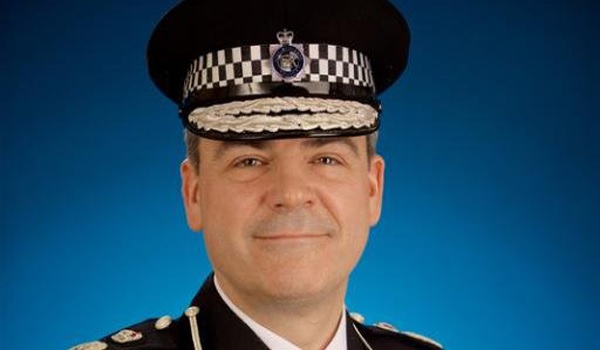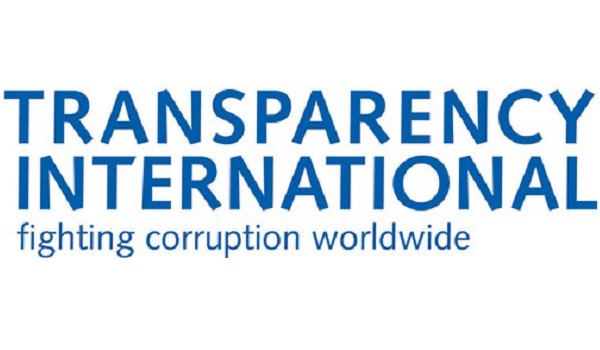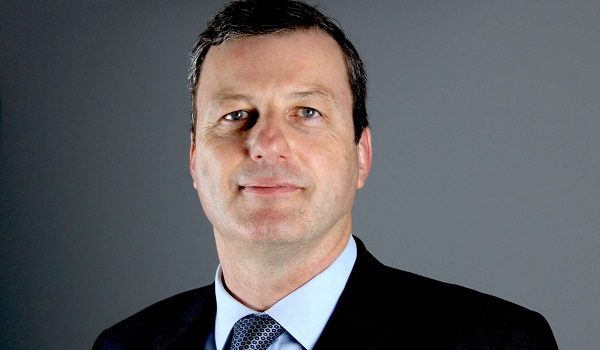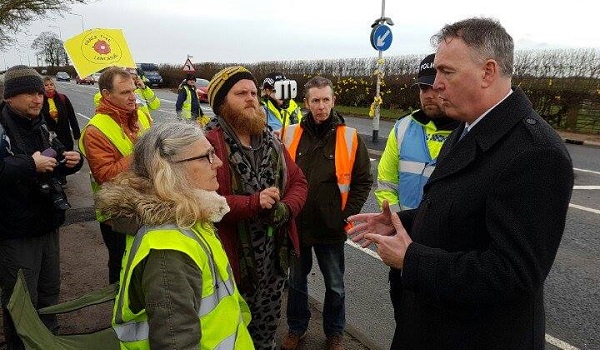NPCC: Cuts are making policing ‘ineffective’
The National Police Chiefs’ Council Lead for Finance and Resources has hit out at budget cuts and the “hands-off government approach to aspects of policing”.
Chief Constable Dave Thompson has warned that forces are having to make difficult choices that pursue “efficiency to the point of ineffectiveness” and they are failing to meet the expectations of the public.
In a strongly-worded blog, posted on Wednesday (October 10), Mr Thompson points out that “Policing is at the tipping point – and we’ve got to move on from here”.
Mr Thompson wrote: “Budget cuts and a hands-off government approach to aspects of policing have meant hard choices for chief constables with consequences for the public and our people. The public’s experience is policing that is less visible, less responsive and less proactive.”
His warning comes after a Channel 4 Dispatches programme, broadcast on Monday (October 8), revealed that almost a million or 27 per cent of crimes were being ‘screened out’ and highlighted a number of incidents that forces declined to attend.
Mr Thompson said: “Chiefs and commissioners have not only had to find substantial savings but redirect more resources into protecting the vulnerable. There’s been greater investment in tackling serious organised crime and terrorism with good results for our national security. All these areas of policing have improved.
“But the gains we’ve made have come at a cost to perhaps the most important parts of policing for the public. Crime is rising and so is the demand on our service. The calls do not get answered as quickly as they did. Officers are not as fast at responding to emergencies and more crimes are dealt with on the phone. Fewer high volume crimes like thefts are investigated and as a result fewer offenders brought to justice. The visibility and proactivity of neighbourhood policing is much reduced.”
He added: “Bluntly our ability to manage the big threats and protect the vulnerable yet still be the traditional police the public want and need is becoming ever harder. We are in danger of pursuing efficiency to the point of ineffectiveness – where we can process the work but we’re not detecting crime as we should be and not meeting public expectations.”
He also warned of the personal cost to officers and staff, damaging their resilience as they have to work longer hours and have rest days cancelled.
“Letting victims down or sharing their sense of dissatisfaction in the service they’ve received chips away at morale,” he said.
He cautioned that less visible and proactive policing not only keeps people safe but builds legitimacy and trust and took issue with the assertion, most recently expressed by the Prime Minister, that officer numbers do not have an impact on crime levels. He said this “needs investment and numbers matter”.
However, despite his concerns, he said he remains positive about policing and the future, but with the right resources crime can be reduced and forces make a difference.
“I am particularly optimistic that the Home Secretary and Policing Minister have listened to our concerns and the Home Office is working with us and police and crime commissioners to develop a joint evidence base for the next government spending review.”
Mr Thompson’s comments are timely, as the Public Accounts Committee (PAC) is meeting today (October 10) to hear evidence about the financial sustainability of police forces in England and Wales.
It will listen to evidence from high ranking police officers, police and crime commissioners, the Home office and the Chief Inspector of Constabulary Sir Thomas Winsor.
The police funding formula, which the Home Office promised to reform in 2015, will be discussed regarding how it can best account for the circumstances of local forces, and how financial stresses can be monitored more effectively.
The meeting will also consider the recent National Audit Office report that flagged up financial strains that are impeding the ability of forces to provide effective policing. Total funding for policing has fallen by more than £2 billion since 2010/11, and there has been a 44,700 drop in police officer and staff numbers over the same period.







